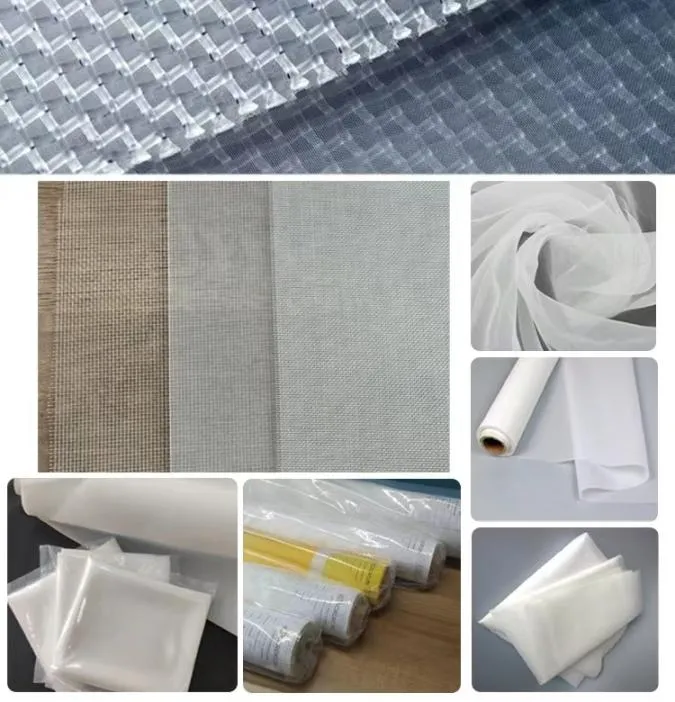-
 Afrikaans
Afrikaans -
 Albanian
Albanian -
 Amharic
Amharic -
 Arabic
Arabic -
 Armenian
Armenian -
 Azerbaijani
Azerbaijani -
 Basque
Basque -
 Belarusian
Belarusian -
 Bengali
Bengali -
 Bosnian
Bosnian -
 Bulgarian
Bulgarian -
 Catalan
Catalan -
 Cebuano
Cebuano -
 China
China -
 Corsican
Corsican -
 Croatian
Croatian -
 Czech
Czech -
 Danish
Danish -
 Dutch
Dutch -
 English
English -
 Esperanto
Esperanto -
 Estonian
Estonian -
 Finnish
Finnish -
 French
French -
 Frisian
Frisian -
 Galician
Galician -
 Georgian
Georgian -
 German
German -
 Greek
Greek -
 Gujarati
Gujarati -
 Haitian Creole
Haitian Creole -
 hausa
hausa -
 hawaiian
hawaiian -
 Hebrew
Hebrew -
 Hindi
Hindi -
 Miao
Miao -
 Hungarian
Hungarian -
 Icelandic
Icelandic -
 igbo
igbo -
 Indonesian
Indonesian -
 irish
irish -
 Italian
Italian -
 Japanese
Japanese -
 Javanese
Javanese -
 Kannada
Kannada -
 kazakh
kazakh -
 Khmer
Khmer -
 Rwandese
Rwandese -
 Korean
Korean -
 Kurdish
Kurdish -
 Kyrgyz
Kyrgyz -
 Lao
Lao -
 Latin
Latin -
 Latvian
Latvian -
 Lithuanian
Lithuanian -
 Luxembourgish
Luxembourgish -
 Macedonian
Macedonian -
 Malgashi
Malgashi -
 Malay
Malay -
 Malayalam
Malayalam -
 Maltese
Maltese -
 Maori
Maori -
 Marathi
Marathi -
 Mongolian
Mongolian -
 Myanmar
Myanmar -
 Nepali
Nepali -
 Norwegian
Norwegian -
 Norwegian
Norwegian -
 Occitan
Occitan -
 Pashto
Pashto -
 Persian
Persian -
 Polish
Polish -
 Portuguese
Portuguese -
 Punjabi
Punjabi -
 Romanian
Romanian -
 Russian
Russian -
 Samoan
Samoan -
 Scottish Gaelic
Scottish Gaelic -
 Serbian
Serbian -
 Sesotho
Sesotho -
 Shona
Shona -
 Sindhi
Sindhi -
 Sinhala
Sinhala -
 Slovak
Slovak -
 Slovenian
Slovenian -
 Somali
Somali -
 Spanish
Spanish -
 Sundanese
Sundanese -
 Swahili
Swahili -
 Swedish
Swedish -
 Tagalog
Tagalog -
 Tajik
Tajik -
 Tamil
Tamil -
 Tatar
Tatar -
 Telugu
Telugu -
 Thai
Thai -
 Turkish
Turkish -
 Turkmen
Turkmen -
 Ukrainian
Ukrainian -
 Urdu
Urdu -
 Uighur
Uighur -
 Uzbek
Uzbek -
 Vietnamese
Vietnamese -
 Welsh
Welsh -
 Bantu
Bantu -
 Yiddish
Yiddish -
 Yoruba
Yoruba -
 Zulu
Zulu
Agricultural Shade Nets for Enhanced Crop Protection and Growth Optimization
The Importance of Shade Nets in Agriculture
In the realm of modern agriculture, the utilization of shade nets has emerged as a pivotal technique for enhancing crop productivity and ensuring sustainable farming practices. Shade nets, often made from woven plastic materials, serve a multifaceted purpose, playing a crucial role in protecting crops from various environmental stressors.
The Importance of Shade Nets in Agriculture
In addition to light regulation, shade nets offer significant protection from harsh weather conditions. They can act as a barrier against heavy rain, hail, and strong winds, which can damage delicate plants and lead to substantial crop loss. By providing a controlled environment, shade nets can help farmers mitigate the risks associated with unpredictable weather patterns, which have become increasingly common due to climate change.
agriculture shade net

Furthermore, shade nets play a vital role in pest and disease management. By creating a physical barrier, they can help reduce the incidence of pest infestations, minimizing the need for chemical pesticides. This not only protects the crop but also contributes to healthier ecosystems. Farmers can achieve higher yields while adopting more environmentally friendly practices, which is a key consideration for sustainable agriculture.
The use of shade nets can also enhance water conservation. In hot climates, the ground can dry out rapidly, leading to increased irrigation demands. Shade nets help reduce soil temperature and moisture evaporation, allowing farmers to optimize their water usage. This is especially important in regions where water scarcity is a pressing issue, making the implementation of shade nets a strategic advantage.
In summary, shade nets represent a valuable tool for modern agriculture. They provide essential protection against excessive sunlight, harsh weather, and pest infestations, all while promoting sustainable farming practices. As farmers continue to seek innovative solutions to address the challenges posed by climate change and resource scarcity, the adoption of shade nets will likely grow, paving the way for a more resilient agricultural future. Embracing such technologies not only enhances productivity, but also contributes to a more sustainable approach to food production, benefiting both farmers and consumers alike.
-
Shipping Plastic Bags for Every NeedNewsJul.24,2025
-
Safety Netting: Your Shield in ConstructionNewsJul.24,2025
-
Plastic Mesh Netting for Everyday UseNewsJul.24,2025
-
Nylon Netting for Every UseNewsJul.24,2025
-
Mesh Breeder Box for Fish TanksNewsJul.24,2025
-
Expanded Steel Mesh Offers Durable VersatilityNewsJul.24,2025











